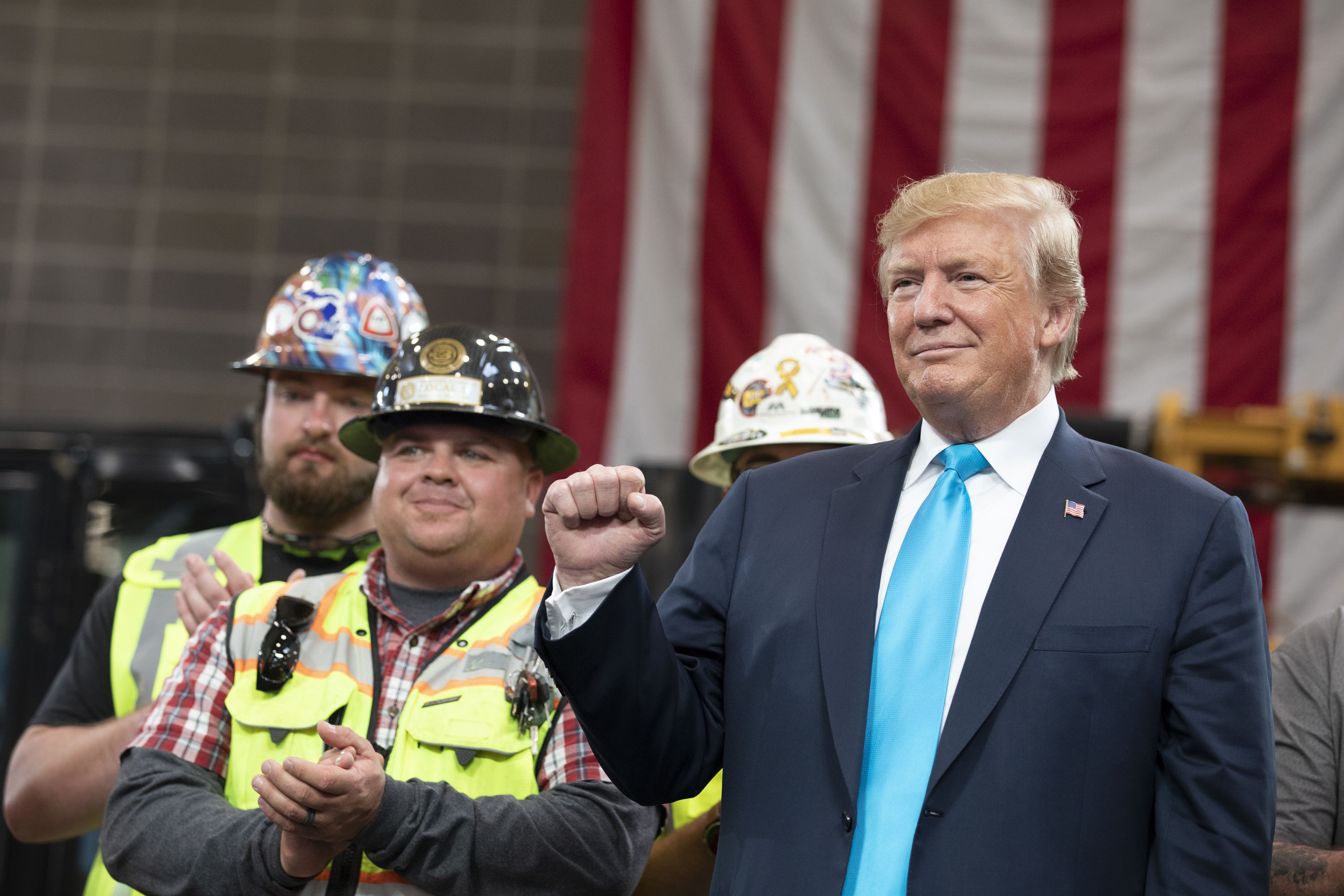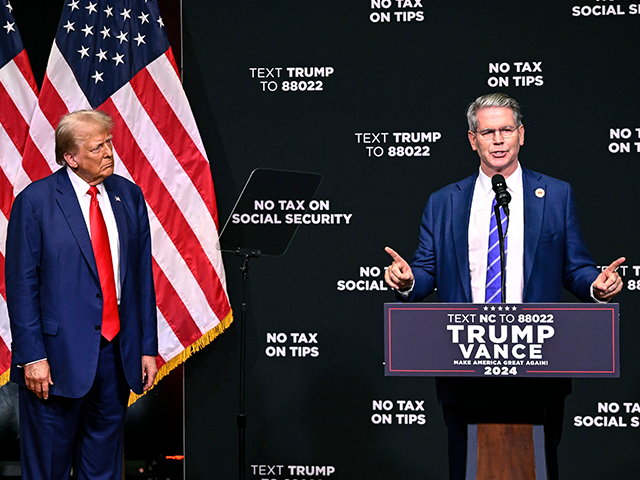Steering America Forward: Scott Bessent Takes the Helm at Treasury
Donald Trump’s economic policies have already rewritten much of what we thought we knew about trade, regulation, and growth. His use of tariffs as strategic tools, his tax cuts to spur investment, and his deregulation blitz to free up business activity were less a gamble and more an overdue correction. The results? Job growth, rising wages, and a revitalized industrial sector that had been written off by globalist elites.
Now, in Scott Bessent, Trump has chosen a capable lieutenant to ensure these policies can be revived after the inflation-ridden interregnum of the Biden administration.
Bessent, founder of Key Square Group and a veteran of Wall Street’s upper echelons, may not be a household name, but he is hardly new to navigating complex economic terrain. His job won’t be to rethink Trump’s agenda but to execute it with precision, ensuring that the economic gains secured during Trump’s first term are expanded upon in the second. Think less “architect” and more “engineer”—Bessent knows how to get things done.
The Pragmatism of Tariffs
In trade policy, Bessent aligns squarely with Trump’s departure from orthodoxy. For decades, free trade was treated as an untouchable virtue, even as it hollowed out key industries and left the U.S. vulnerable to adversarial actors like China. Trump upended this by using tariffs as leverage—a concept that left many of his critics clutching their pearls but delivered results nonetheless.
Bessent takes a pragmatic view of tariffs. He’s called for adapting them into a framework resembling the Treasury’s sanctions program, where tariffs are wielded as tools to encourage reforms abroad. And he understands that tariffs are also a tool of national security to be deployed to protect critical industries at home.
“President Trump is right that actual free trade is desirable,” Bessent said recently. “It might seem counterintuitive from a free-market perspective, but he is also right that in order to actually create a freer and more extensive trading system over the long term, we need a more activist approach internationally.”
The critics will scoff, of course. Tariffs, they’ll say, are blunt instruments that risk trade wars. But Bessent understands the finer point: tariffs, in the right hands, can be surgical. Used judiciously, they secure concessions, incentivize structural reforms in other economies, and protect the American worker. That’s what Trump did in his first term, and Bessent is prepared to see those triumphs expanded upon.
Deregulation as Economic Fuel
Regulation is always sold as a guardrail but too often becomes an obstacle course. Trump’s first term saw a rollback of stifling red tape that unleashed business innovation and investment. Predictably, the Biden administration reversed course, piling on new rules and bringing back old ones that strangled growth.
Bessent knows better. As Treasury Secretary, he won’t waste time dreaming up new regulations to pad the Federal Register. Instead, he’ll focus on continuing Trump’s efforts to simplify and streamline—a government that stays out of the way so that business can get back to what it does best: growing.
A Pro-Growth Tax Code
Trump’s 2017 tax reforms, including corporate rate cuts and incentives for domestic investment, spurred one of the most dynamic periods in recent U.S. economic history. Bessent is well aware of their importance. His expertise in global finance gives him a unique perspective on how competitive tax policy keeps capital flowing into the United States rather than fleeing overseas.
Bessent’s proposed “3-3-3” strategy—a nod to former Japanese Prime Minister Shinzo Abe’s “three arrows”—offers a glimpse of his priorities. It calls for reducing the budget deficit to three percent of GDP by 2028, spurring three percent annual GDP growth through deregulation, and increasing energy production by three million barrels of oil or its equivalent daily. The numbers may be round, but the message is clear: a revitalized American economy will not be brought about by magic or the incantations so often repeated by the Biden administration about growing the economy from the “bottom up and the middle out.” It requires real policy changes.
Executing on Trump’s Blueprint
Bessent’s role isn’t to invent a new economic vision; Trump already wrote the script. His task is to implement it faithfully and effectively. Where other Treasury Secretaries might be tempted to impose their own ideas, Bessent seems refreshingly content to play the role of executor, ensuring the president’s priorities are carried out.
In a Washington dominated by globalist assumptions and bureaucratic inertia, Bessent’s unapologetic embrace of “America First” priorities stands out. He represents a continuation of Trump’s vision—a steady hand to guide policies that prioritize the American worker and safeguard the economic gains of the past while undoing the missteps of the Biden years.

President Donald Trump at the International Union of Operating Engineers International Training and Education Center on April 10, 2019, in Crosby, Texas. (Official White House Photo by Joyce N. Boghosian)
Trump’s nomination of Scott Bessent isn’t a leap of faith—it’s a commitment to doubling down on what works. Bessent’s nomination sends a clear signal: the economic blueprint that powered Trump’s first term is alive and well, and its most capable steward is ready to deliver. For voters who chose Trump to restore America’s economy, this pick reaffirms their choice.
As Bessent takes the reins at Treasury, the question isn’t whether Trump’s policies will succeed—they already have. The real task is ensuring that success continues, making “America First” not just a campaign slogan but a lasting legacy.

COMMENTS
Please let us know if you're having issues with commenting.